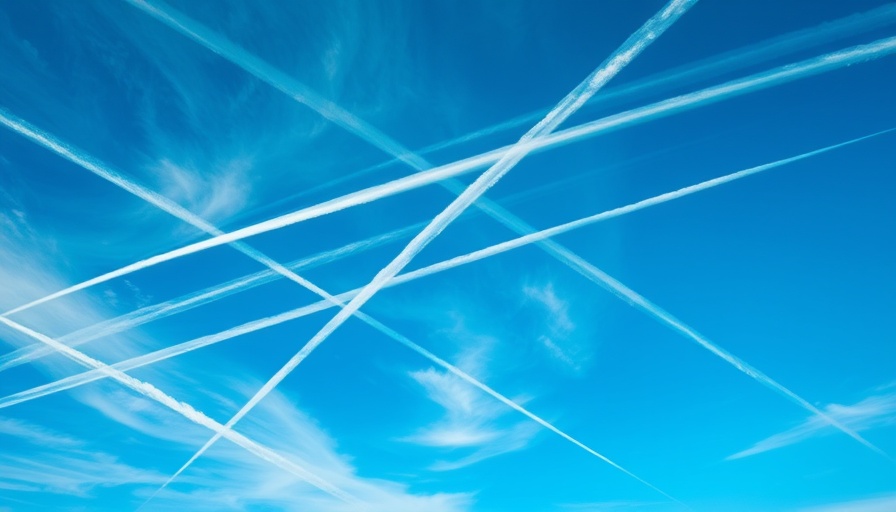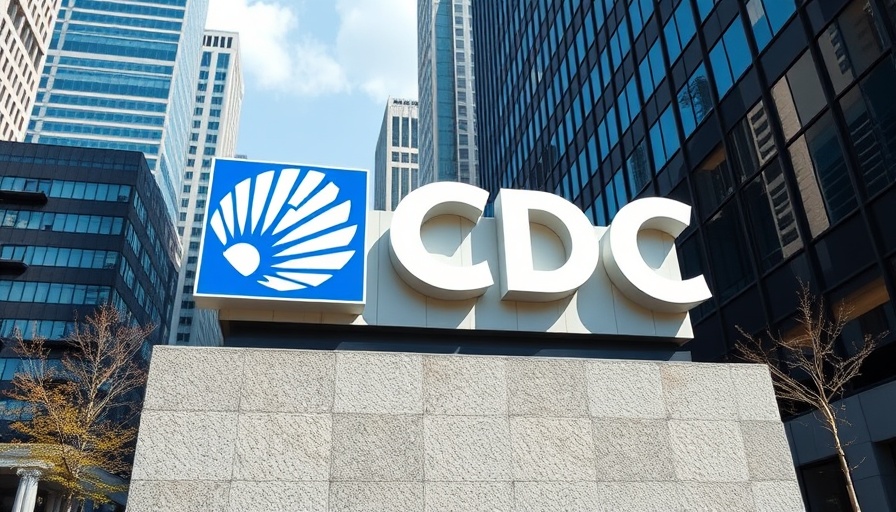
The Rise of Chemtrail Legislation in Louisiana
A significant shift is underway in the state of Louisiana, where lawmakers have recently advanced a bill banning intentional atmospheric chemical releases commonly known as "chemtrails." This legislation, Senate Bill 46, has sparked a polarizing debate surrounding public health and government transparency. On May 29, 2025, the Louisiana House of Representatives voted 58-33 to send the bill to the state Senate for final approval, following amendments that have altered its original form.
Understanding the Bill
Authored by State Senator Michael “Big Mike” Fesi, SB 46 aims to prohibit the intentional release or dispersion of chemicals into the environment for weather modification purposes. Proponents of the bill, including State Representative Kimberly Landry Coates, argue that the legislation is a necessary step to protect public health. They cite concerns about undisclosed aerial spraying involving substances like aluminum and barium nanoparticles believed to manipulate weather patterns.
The Controversial Chemtrail Theory
Supporters assert that the public deserves transparency regarding potential government involvement in aerial spraying, claiming to have seen documents implicating federal agencies in such efforts. However, opponents dismiss these claims as conspiracy theories lacking credible evidence. Government agencies like the National Oceanic and Atmospheric Administration (NOAA) have firmly rejected allegations of federal weather manipulation programs, explaining that the visible trails behind jets are merely ice crystals formed from engine exhaust in cold, high-altitude conditions.
Government Agencies' Stance
This division between the government’s assertions and public perception plays a vital role in the bill's progression. The Environmental Protection Agency (EPA) has also weighed in on the matter, maintaining that the white streaks in the sky are normal byproducts of aviation and not indicative of any intentional chemical dispersal.
Public Sentiment and Distrust
The bill has gained substantial traction amid rising public skepticism toward government environmental policies. Figures like Robert F. Kennedy Jr., who has vowed to investigate chemtrail claims further, have fueled this distrust. His national prominence, particularly in discussions around health and wellness, has made the chemtrail narrative even more compelling for many.
A Legislative Precedent?
Louisiana’s move to legislate against chemtrails could pave the way for similar initiatives in other states, building on a narrative of health and environmental safety. Without penalties for violations in this current iteration of the bill, complaints about alleged chemtrails will instead be logged by the Louisiana Department of Environmental Quality and forwarded to the Louisiana Air National Guard for further scrutiny.
What’s Next for SB 46?
If SB 46 successfully passes through the Senate, the law will take effect in August. With amendments that limit enforcement measures, lawmakers assert that further research and investigations are needed before any punitive actions can be considered against alleged violators.
Final Thoughts: The Broader Implications
The controversy around chemtrails reflects deeper societal issues regarding transparency and trust in government. As discussions continue, the outcome of SB 46 could have lasting implications for state-level approaches to environmental health and public safety. Residents interested in the intersection of health and environmental policies should stay informed as this story develops.
Engaging with current health and environmental discussions not only fosters informed citizens but also empowers advocacy for transparency in governmental processes. As this bill progresses, it serves as a prompt for broader conversations around public health, government accountability, and environmental safety—topics that resonate deeply in communities striving for wellness and informed decision-making.
 Add Row
Add Row  Add
Add 




Write A Comment